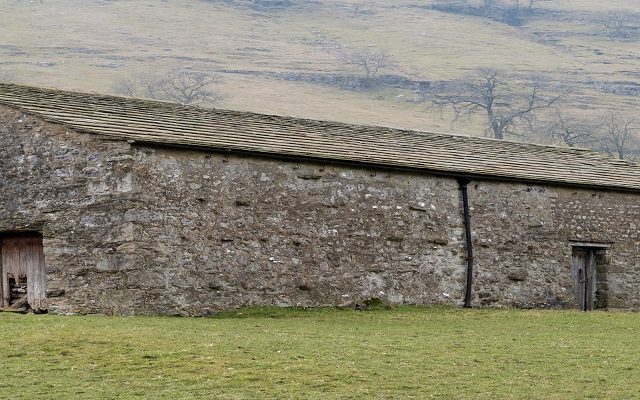Land Business | Cracking the code: Negotiating a telecoms agreement
The 2003 Telecommunications Code achieved a degree of notoriety. After all, not every law can lay claim to being labelled ‘one of the least coherent and thought-through pieces of legislation on the statute book’ by Lord Justice Lewison.
Despite this reputation, however, there have only been a handful of court cases and the code has overseen the creation of more than 50,000 radio mast sites and hundreds of miles of cables.
Stung by the lord justice’s remarks and complaints from operators that the code was making acquisition costs too high, hindering the rollout of broadband and mobile coverage, the government introduced a new code as part of the Digital Economy Act 2017, which came into force on the 28th December 2017. We have seen no evidence of landowners holding operators to ransom, which leads us to suspect that the real reason operators have been reluctant to spend billions of pounds constructing remote sites is that they will ultimately generate little revenue.
The new code is a statutory scheme of rights and obligations that aims to enable operators to enter land against a landholder’s wishes in order to install, erect, maintain and use any form of electronic communications apparatus, together with ancillary equipment for electronic communications. Despite these statutory rights, Ofcom’s draft code of practice makes it clear that landowners and operators should make ‘every effort’ to reach a voluntary agreement.
Myths are circulating about the exact content of the code and what it means for landowners. The truth is perhaps different to what many will have us believe. Operators are already keen to claim that they have the freedom to assign the agreement, upgrade the apparatus and share it with another operator with 24/7 access. Many are pushing for these rights to be written into agreements, insisting that they are entitled to such rights under the code in any event.
This is not necessarily so. The code only gives the main operator the rights to share or upgrade where there is no more than a minimal visual impact and where it will not cause an ‘additional burden’. An additional burden could be very small indeed. The operators also have to make a formal claim for such rights. It is worth noting that the code only grants nine very specific rights. Equally, it does not necessarily give the right to the operator to take a lease; the offer to enter into a lease in order to give more comprehensive rights should be regarded as being of considerable value to the operators.
Landowners need to be aware that, irrespective of whatever termination rights have been set out in an agreement, the new code makes it harder for them to recover possession even if an operator is in breach of the terms. The most certain ground for possession will be landowners intending to redevelop the site. Notwithstanding any provision in an agreement, the new code requires a minimum of 18 months’ notice, and even then with no guarantee of success.
In response to all these potential issues, a landowner may require an increased rent in return for the additional burdens and restrictions. It is worth noting that the way in which valuations are carried out under the code has changed. Now, instead of the figure being determined by what the site is worth to the operators, it is based on the value to the landowner. Rents may therefore increase in some cases, for example for city-centre sites.
We are convinced that the new code will lead to significantly more disputes. But, if operators want to pursue draconian rights for minimal rents, then not only will their reputations suffer, they might also find it much harder to acquire sites by negotiation in the future.
Landowners should not accept any ‘standard’ agreement that misses out the ‘additional burden’ proviso in respect of the rights to share and upgrade. The only reliable protection for a landowner is to ensure that agreements are fit for purpose and dictate exactly what the parties can and cannot do. Any form of telecoms agreement will still need careful negotiation.
It remains unclear if the code will have the intended effect of improving the digital economy, as there are very real concerns that the number of potential sites available may be significantly reduced. In the meantime, don’t believe everything you are told about the new code.
For more information, contact:
Robert Paul for England and Wales robert.paul@struttandparker.com
Ian Thornton-Kemsley for Scotland ian.thornton.kemsley@struttandparker.com
Read more
This article originally appeared in Strutt & Parker’s magazine, Land Business Autumn/Winter 2017. Read the full magazine here.






